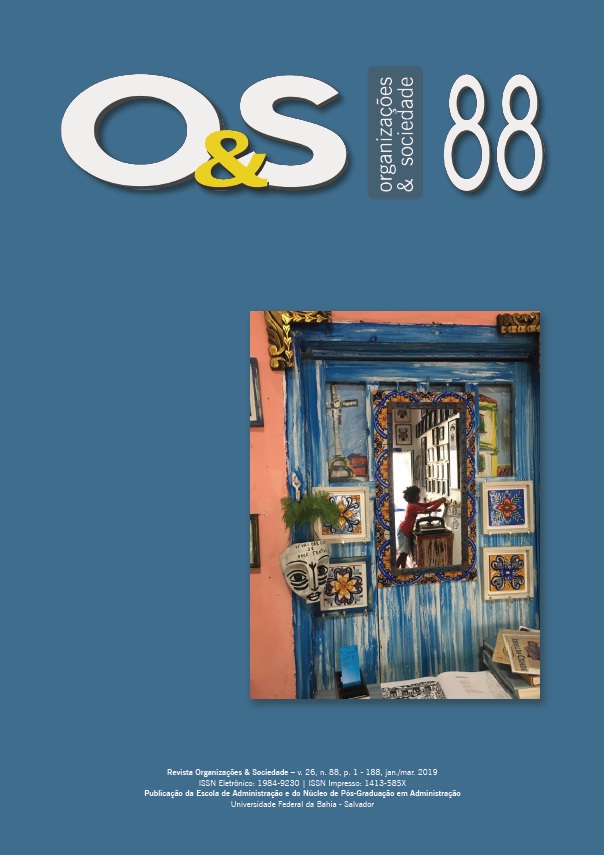Economic voting in Brazilian presidential elections: evidence with panel data from municipalities in São Paulo
Palavras-chave:
Elections, Voting Behavior, BrazilResumo
This paper uses a new panel of 625 Brazilian municipalities over 5 election years to analyze the influence of the local level economic performance on proportion of votes obtained by the incumbent in national elections. We examine municipalities from the State of São Paulo, the most populous Brazilian state, using fixed-effects and random effects-model. The results suggest that the performance of the local economy is relevant in the national elections. Apart from that, the results also suggest that the mayors play an important role in the national elections when it comes to providing votes that are favorable to the coalition in power and that the richest municipalities tend to be more opposition prone.
Downloads
Downloads
Publicado
Como Citar
Edição
Seção
Licença
Esta obra está licenciada sob uma Licença Creative Commons Attribution 4.0.
A O&S adota a Licença de Atribuição do Creative Commons 4.0 em todos os trabalhos publicados, exceto, quando houver indicação específica de detentores de direitos autorais.






